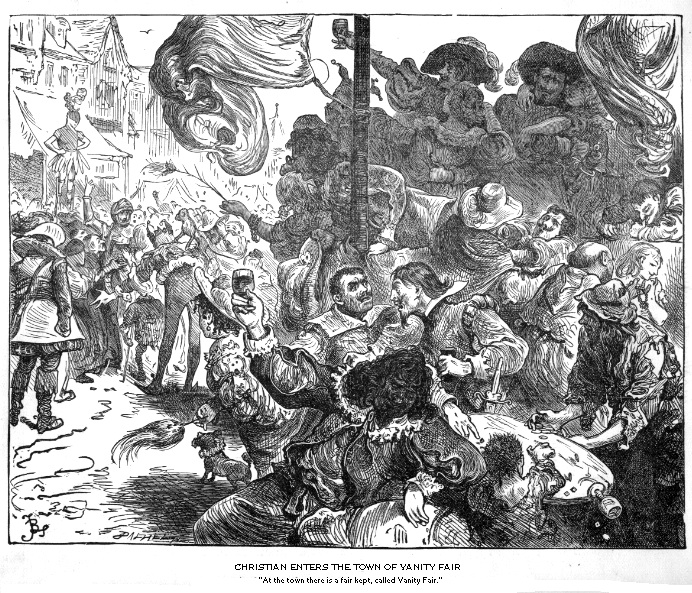By Paul Rozycki
It was a cool, breezy day for an outdoor rally, but the gathered University of Michigan-Flint (UM-Flint) faculty had the wind at their backs as they welcomed a new tenure-track faculty union on April 23, 2024.
The faculty had gathered at McKinnon Plaza to announce the University of Michigan-Flint American Federation of Teachers-American Association of University Professors Local 5671, their newly formed union.
The union is made up of over 150 tenure-track faculty at UM-Flint, and many organizers, other union leaders and students came out to celebrate its formation on Tuesday.
Assistant Professor of Political Science Kim Sachs began by announcing the formal recognition of the union and said that its local number — 5671 — was no accident. The college was founded in 1956 as Flint College, part of the University of Michigan, and the name was changed to the University of Michigan-Flint in 1971, she explained.
“After two years of organizing, we now have the exclusive right to represent the tenure-track faculty here in Flint. Flint is unique—vibrant, consequential and inimitable. The campus is part of that.” Sachs said. “Though this moment is one of recognition, it is neither beginning nor the end, but rather part of a movement that began in 1956 and moves forward into the future with faculty, students, and staff, working side by side for a better institution.”
Daniel Birchok, Associate Professor of Anthropology in the college’s Department of Behavioral Sciences and member of the UMF-AFT AAUP Local 5671 organizing committee, said organizing for the union began with 40 or 50 people and grew over the last two years.
He added that “the voice of labor should be heard” and that the union’s goal is to work with other parts of the university and “to bring water not fire” to the community. Birchok also said that concerns over pay, work load, state aid and organizational changes motivated many to join the union, and he urged those who have not yet joined to become a part of it.
Other speakers and guests spoke of the broader labor landscape UM-Flint’s new faculty union was joining.

University of Michigan-Flint history professor John Ellis and his dog, Walli, pose for a photo during a rally to support the university’s new tenure-track faculty union on April 23, 2024. (Photo by Paul Rozycki)
UM-Flint student Sami Kotob noted the revival of the labor movement and that the action taken by the faculty was part of a “wider national movement” that strengthens unions.
Daniel O’Connell, Lecturer Employees Organization (LEO) Flint Campus Chair, said LEO “look[s] forward to working together for a better Flint campus for students, faculty, and staff,” while congratulating the Local 5671.
O’Connell also noted “labor is stronger together” — a theme among many speakers on April 23, which also included Karen Miller, immediate past-president of the Oakland University AAUP, UM-Flint librarian Emily Newberry, and Hillary Mummers, who spoke on behalf of the University Staff United union.
Terrence Martin, president of the Michigan AFT, congratulated the new union’s organizers and said that the union will move the university, the community, and Flint forward and assure that “Flint will have a voice.”
“UM-Flint plays an important role in our state’s education system, and the faculty are a crucial voice in ensuring that it remains strong for generations to come,” Martin said.
Looking ahead, Birchok said that there are two major goals for the faculty union in the months to come: the first is to write a constitution for the new union, and the second is to prepare for possible contract negotiations in the fall.

